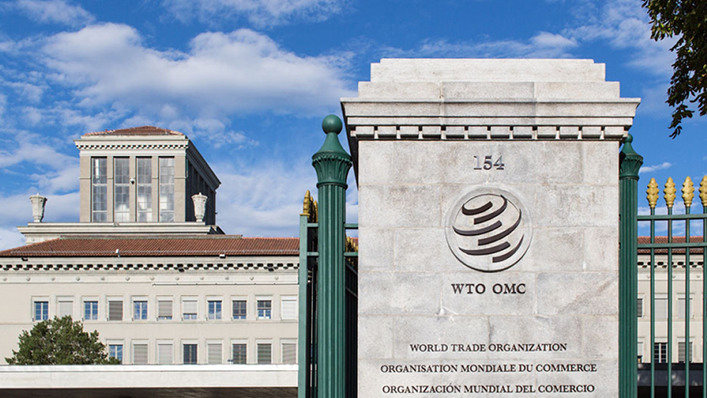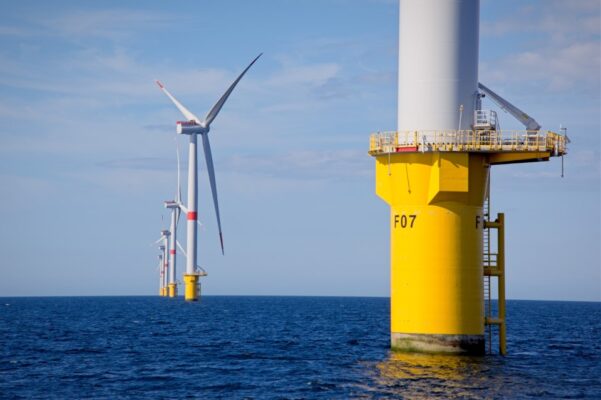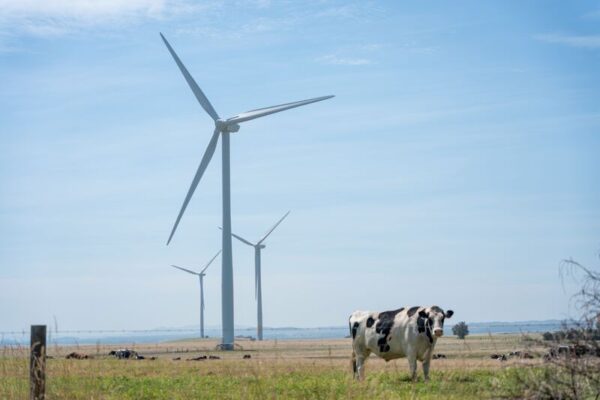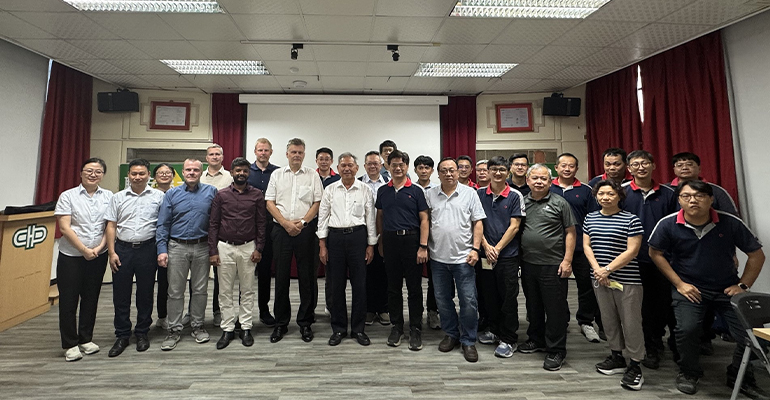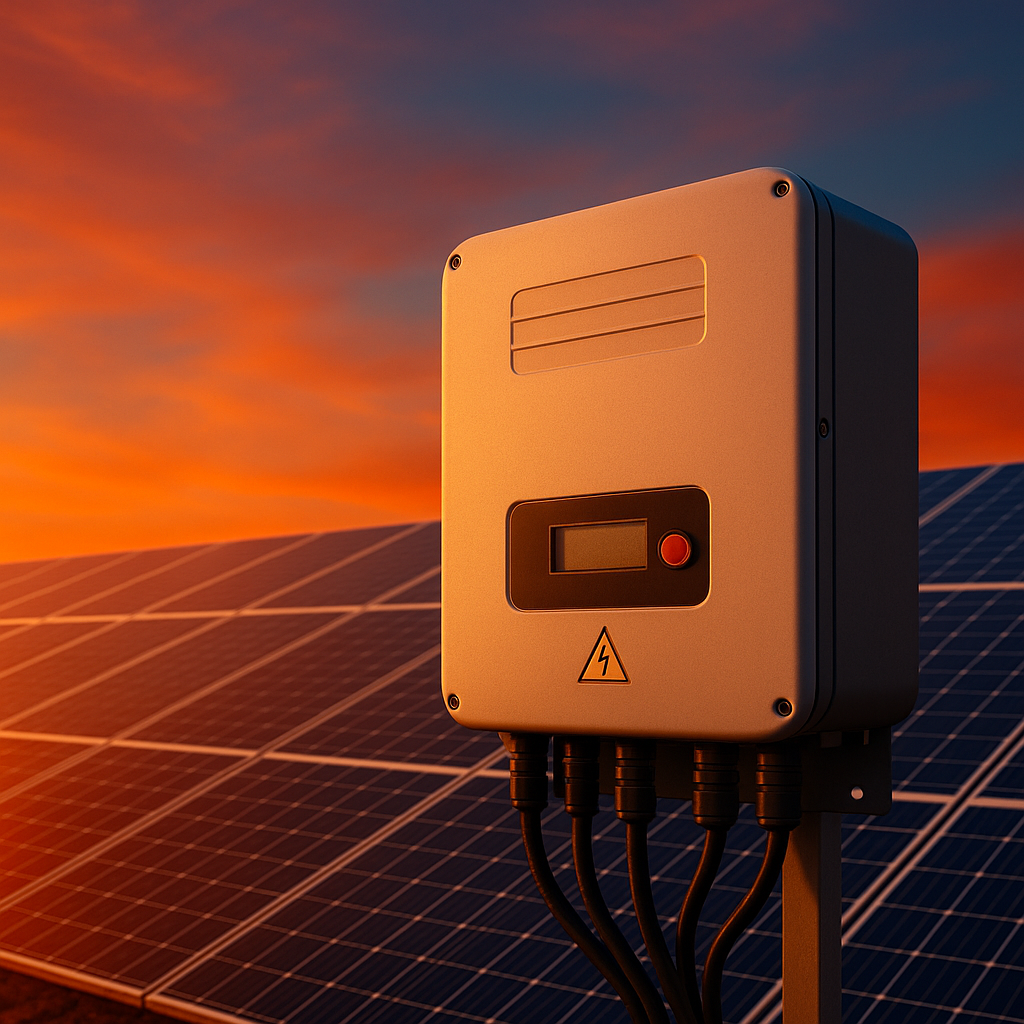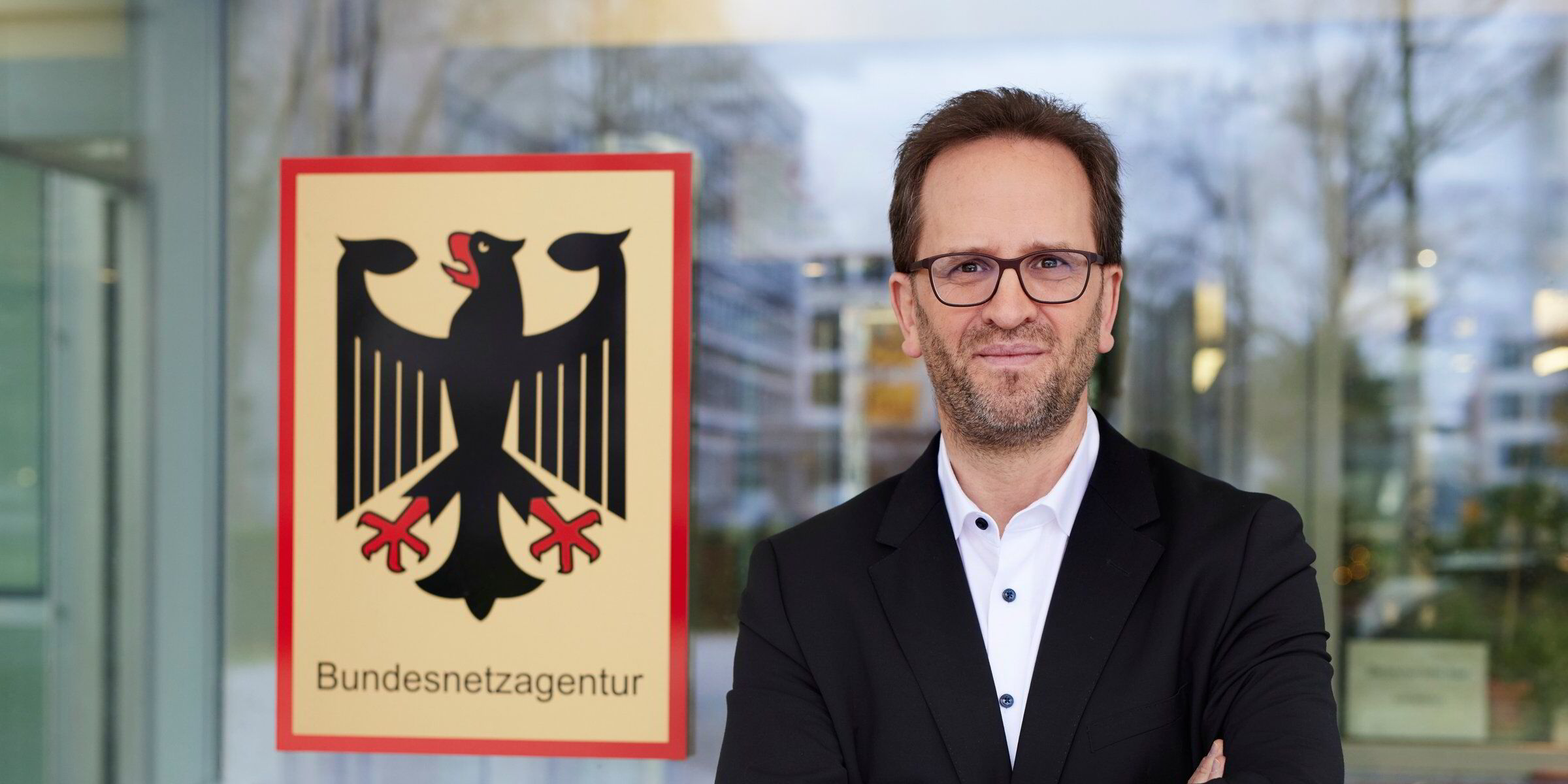The Trump Administration has Announced More Trade Deals
Washington has reached agreements with Japan, Indonesia and the Philippines, but we're waiting on lots of details.


Washington has reached agreements with Japan, Indonesia and the Philippines, but we’re waiting on lots of details.
The Trump administration has set an Aug. 1 deadline to reach trade deals with a host of countries, and plans to raise “reciprocal” tariffs on those with whom no agreement is made by then.
This has set up a busy summer for administration officials: There are a lot of countries out there, which means a lot of negotiating is taking place! And, as the deadline inches closer, more deals have been announced, with some more firm than others. There’s an agreement with Japan, another allegedly with the Philippines, and another with Indonesia. Those join agreements with the United Kingdom, Vietnam, and a trade truce with China.
Is it 90 deals in 90 days? No, but these are countries with large populations and, especially in the case of Japan, large markets, meaning these deals are significant. And, as always, the details in them will matter greatly. Some of the deals announced by President Trump have been more opaque than others.
So what do we know about these new agreements the Trump administration has reached?
With Japan
The administration announced a trade agreement with Tokyo on Tuesday that sets the tariff on Japanese imports at 15%, which is below the 25% that President Trump said loomed at the deadline. That’s still higher than the universal rate of 10% the administration has imposed on nearly all imports. In return from a stepback from 25% to 15%, Japan is going to allow more “American-made car imports without the unique safety standards and testing it usually requires,” reports the New York Times.
The U.S. also agreed to set a 15% tariff on Japanese autos, which puts it below the 25% tariff rate placed on imported vehicles from other countries.
That’s a big deal; Japan exports lots of vehicles to the United States and its auto industry is very important to its economy. That lower rate, however, raised concerns from the Detroit Three, who say their own cars (with lots of domestic content) may now be face higher rates than wholly imported Japanese models because of higher tariffs on car parts that come in from Canada and Mexico.
It should also be noted that a 15% rate for Japanese auto imports is still much higher than it used to be. Before the administration raised auto import tariffs to 25%, the tariff on Japan’s auto imports was at 2.5%.
With the Philippines
Trump announced a deal had been struck between Washington and Manila after a White House visit Tuesday by the president of the Philippines, Ferdinand Marcos Jr., who the New York Times reported was eager to reach an agreement. Details are sparse but, according to Trump, the new tariff rate will be 19%. That’s one percentage point below what was threatened on August 1, and higher than the 17% rate set when the president first announced reciprocal tariffs in April.
That doesn’t seem like a great deal for the Philippines, but Greg Poling, a Southeast Asia expert at the Center for Strategic and International Studies, contextualized it this way in an interview with Reuters: “At the end of the day, I don’t think the Philippine government is sweating the final number so long as it keeps Philippine-made goods competitive with those of its neighbors, which this does.”
And with Indonesia
Indonesia will drop tariffs on nearly all of U.S. imports and eliminate all non-tariff barriers, an administration official said Tuesday, after President Trump announced a deal with Jakarta last week. Washington, meanwhile, will maintain a 19% tariff on Indonesian imports. As mentioned above, that’s in line with the tariff rates set for imports from other southeast Asian countries like the Philippines and Vietnam. Reuters reports that an administration official says Indonesia will “accept U.S. Federal Motor Vehicle Safety Standards for vehicles exported from the United States to the growing country of 280 million people.”
The toplines sound good. And, yes, the details are still very important and will take some going through as they’re revealed. But especially notable is the rule about transshipment the deal includes. Inside U.S. Trade reports “goods found to be transshipped to the U.S. through Indonesia will face 40 percent tariffs” and “the U.S. will use a new broader definition of transshipment in determining which products will face the higher rates.”
This is similar the transshipment language in the deal the United States cut with Vietnam a few weeks ago but the second part about a “broader definition” is new and interesting. Anyway, two deals including this transshipment language suggests it’s a trend, and that’s a good thing: Transshipment is a pernicious example of trade cheating. Stricter rules and enforcement to discourage it are necessary and welcomed.
August 1 is a little over a week away now; we’ll be watching for more trade deals (and their details) as they are announced.
What's Your Reaction?










